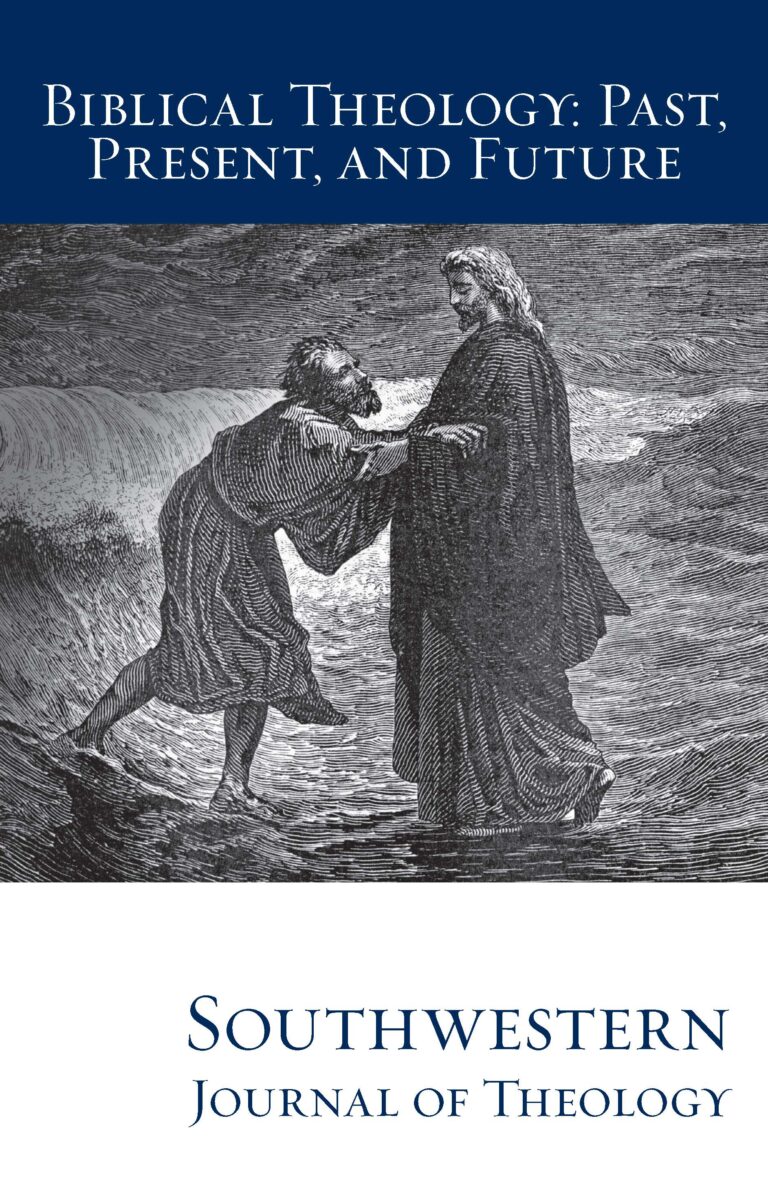
Biblical Theology: Past, Present, and Future (II)
Southwestern Journal of Theology
Volume 56, No. 1 – Fall 2013
Managing Editor: Terry L. Wilder
By J. Ramsey Michaels. New International Commentary on the New Testament. Grand Rapids: Eerdmans, 2010. 1094 pages. Hardcover, $65.00.
J. Ramsey Michaels is Professor Emeritus of Religious Studies at Missouri State University. He took on a difficult assignment when he agreed to write a commentary on John intended to take the place of Leon Morris’s respected volume in the New International Commentary on the New Testament series. Leon Morris’s commentary has long been valued by Evangelical scholars and pastors for its conservative judgments on historical issues and for its insights into the theology of John’s Gospel. Evangelicals will not find these same strengths in Michaels’s commentary on John. Michaels’s commentary is quite distinct from its predecessor and it will probably appeal to a more specialized audience.
The value of Michaels’s work will become clear if we first look at its chief characteristics. Unlike other volumes in this series, Michaels does not include significant interaction with recent scholarship on John. When he does interact with other commentaries, Michaels favors Bultmann, Schnackenburg, and Brown. These are all well-known commentaries on John, but all are thirty plus years old. Along these lines, it is noteworthy that Michaels cites Church Fathers, like Chrysostom and Origen, more often than he cites most recent scholars. Although Michaels’s footnotes are plentiful, they are more likely to contain interaction with the Greek text than interaction with scholarship.
Michaels’s footnotes point to both his emphasis and area of strength. He wants to tie his commentary closely to the Greek text. He makes a number of helpful comments about John’s grammar and syntax in footnotes. In addition, Michaels makes frequent comments about textual variants. Some of these are in the actual text rather than limited to the footnotes. Readers who are working through the Greek text will appreciate Michael’s help with John’s Greek and with textual variants. It appears, then, that Michaels primarily intends to provide the reader with his own close reading of the Greek text of John. Such a commentary could be quite useful, as is the case with Michaels’s commendable volume on 1 Peter in the Word Biblical Commentary. Michaels’s work on John is more difficult to recommend with enthusiasm, because it does not contain the same depth of theological insight that one can find in other recent commentaries on John or in its predecessor by Leon Morris. This lack of depth becomes clear, for instance, when one looks at his treatment of significant verses related to the death of Jesus in John (like John 1:29, 6:51-58, 19:31-37).
In sum, Michaels’s detailed commentary is useful and insightful for someone who is working through the Greek text, but it will be less useful for someone who is looking for a commentary that will treat each verse with an eye to its contribution to the theology of the Gospel of John.





